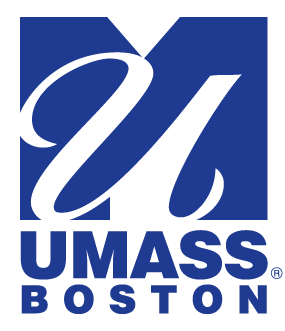Writing a Federal Grant: What to Expect
Categories:
WARNING! Federal grant applications are, by far, the most difficult and the most competitive type of proposal to write, even for veteran grant writers. They require more than 100 hours of work reading/understanding application requirements, researching and writing. On the other hand, if awarded, they are extremely beneficial to your organization, offering substantial, multi-year funding and credibility in future fund-seeking endeavors. The following is my advice after completing my first federal grant.
Step 1: Carefully read the announcements and rules in the Federal Register and application guidelines.
After reviewing the RFP, make sure that your organization's purpose, priorities and geographic region are compatible with the gov'ts announcement. Also, make sure you and your staff will have enough time to meet the deadline. Usually, the funder won't allow much time to complete these "bears" or "whales" or whatever gigantic and unforgiving animal you'd like to compare these grants to.
As far as completing the actual application, the guidelines are extremely specific and the reviewers will first examine your ability to comply with their technical requirements. Trust me, they will really make you jump through hoops. If you fail here...your application will not progress to the next level of review.
Step 2: Outline the process / time line you intend to follow for the project and share it with staff.
First, make a checklist with everything that needs to be done and which staff member is responsible for accomplishing it. This will give you a good idea of who you will be working closely with, and how much work you're personally responsible for.
Then, make a calendar for just the time you have until the deadline. It's also good to share this with staff. Pad your personal deadline to account for your reliance on "briskness" of your coworkers.
Also, plan to finish several work days before the deadline.
Step 3: Begin the information gathering process.
You will be expected to gather much of the same kinds of information for this grant, just like any other (organization history, mission, staff, accomplishments, goals of your project, etc). On the contrary, you will be asked to provide "documentation" for most of the arguments you make in your narrative. For instance, you may be asked to document the project's planning/development, or perhaps show evidence of the support of local residents.
Showing documentation and attempting to quantify benefits of the project/number of people affected by project is time consuming. I accomplished this task by sending out a survey to people in the community that would benefit from this grant. Once participants completed the survey and clicked "submit," the information was sent to my email box. I entered the data into a spreadsheet, and drew statistical information to support my project from it. I suggest this as a simple/quick solution. Below is a link to the survey I used, although I don't know how long my organization will keep it posted. Other ways to accomplishing this request include community meeting minutes and public forums.
http://main.nc.us/bbsurvey/
The rest of the information gathering process should be spent digging up buried information that you know you'll need. It involves contacting various departments within your org (finance, admin, etc) and stockpiling information you'll need for reference.
Note: Letters of support take a long time to coordinate and receive. They are necessary when applying for a federal grant. It is beneficial to solicit a letter of support from a state representative.
4. Seek a peer reviewer and don't be afraid to contact the Program Officer with your questions.
Peer review is an excellent opportunity to check over your work. If you know a fundraising professional who has written a grant before, make a copy of the application guidelines and your application. Give them a day or two to make some recommendations. I guarantee you'll sleep better after the grant is submitted if haven't relied solely on your own faculties.
Here are some links:
Catalog of Federal and Domestic Assistance - this site lists the federal gov'ts standard proposal review criteria. Click on "winning grant proposals" on the left side of the homepage.
E-Grants - the master directory for Federal grant information.
FirstGov - a federal site that is the gateway for all federal and state agencies that make grant awards.










